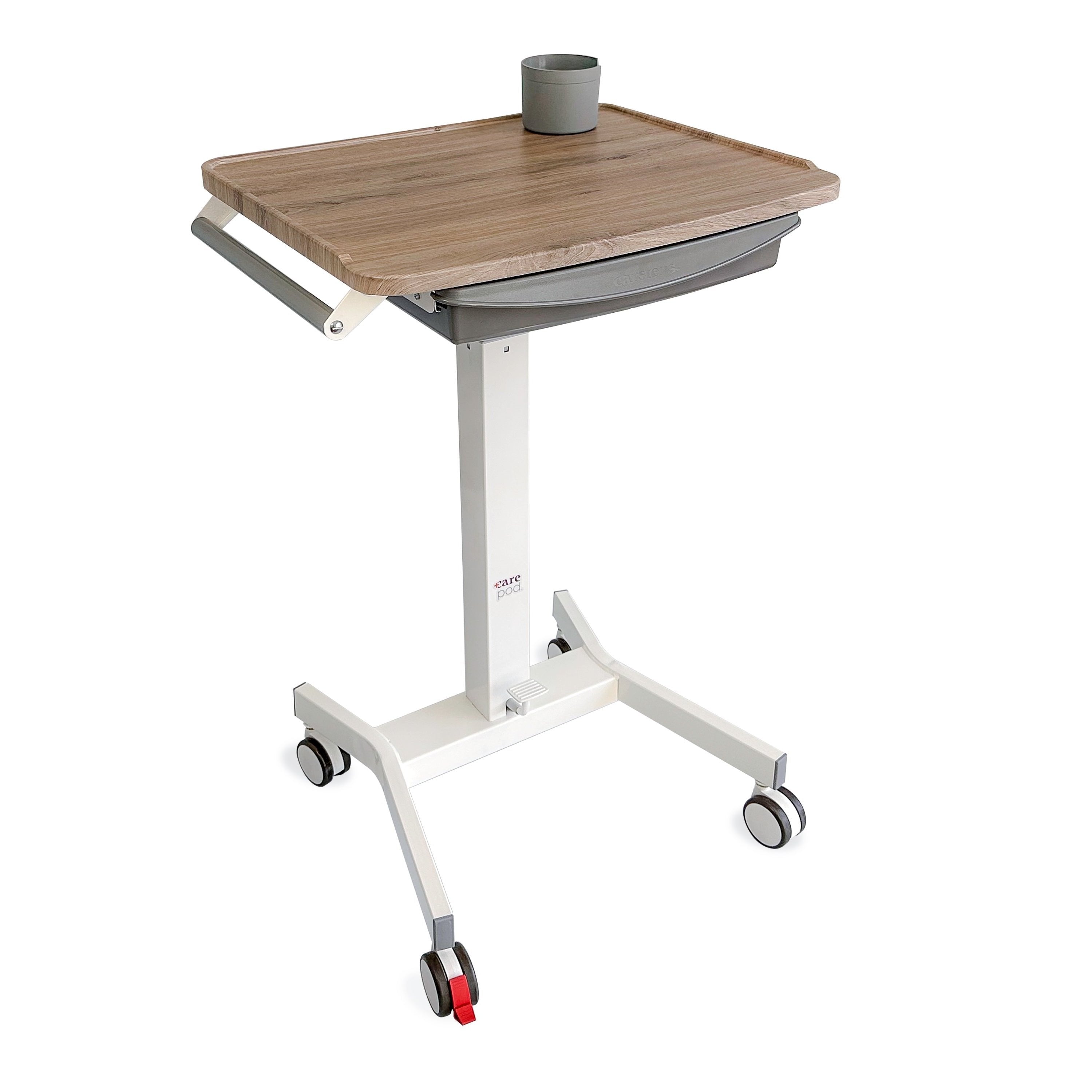Patients with chronic health conditions navigate complex treatment pathways, multiple specialists, and ever-changing medication regimens. For healthcare professionals managing these intricate cases, documentation serves as the foundation that supports every clinical decision, protects both patient and provider, and ultimately determines treatment success.
The stakes are particularly high in chronic care management. Unlike acute conditions that resolve within weeks, chronic conditions require sustained attention over months, years, or even decades. This extended timeline makes accurate, detailed documentation essential for maintaining quality care standards.
Communication Across Teams
Chronic disease management typically involves multiple specialists, primary care physicians, nurses, pharmacists, and allied health professionals. Without proper documentation, this collaborative approach can quickly become fragmented and ineffective.
Consider a diabetic patient who sees an endocrinologist, ophthalmologist, podiatrist, and cardiologist within a single month. Each specialist needs access to recent lab results, medication changes, and symptom progressions to make informed treatment decisions. When you maintain comprehensive records, you enable each team member to understand the complete clinical picture rather than working with isolated fragments of information.
Your detailed notes about a patient’s response to a new medication help the pharmacist identify potential interactions. This interconnected approach reduces the risk of contradictory treatments and ensures all providers work toward unified goals.
Avoid Medication Mistakes

Thorough medication documentation protects patients from potentially life-threatening mistakes. When you record current prescriptions, previous medications, adverse reactions, and effectiveness ratings, you create a comprehensive pharmaceutical history.
This information becomes invaluable when specialists consider new treatments or when emergency providers need quick access to critical drug allergy information.
Documentation also helps providers identify medication adherence issues before they become serious problems. By tracking refill patterns, side effect reports, and patient feedback about their medications, you can intervene early when compliance problems arise.
This proactive approach often prevents hospital readmissions and disease complications that result from inadequate medication management.
Legal Protection
Healthcare litigation remains a significant concern for providers, particularly those managing complex chronic conditions where outcomes can be unpredictable despite excellent care. Comprehensive documentation serves as your first line of legal defense.
Detailed records demonstrate that you followed established protocols, considered appropriate differential diagnoses, and made treatment decisions based on available evidence. When you document patient education sessions, informed consent discussions, and follow-up instructions, you create a paper trail that supports your clinical reasoning and shows your commitment to patient safety.
Track Management Progress
Chronic conditions require ongoing assessment and adjustment of treatment strategies. For arthritis patients, this might include grip strength measurements, morning stiffness duration, and the ability to perform daily activities. For diabetes patients, you would document blood sugar trends, dietary compliance, and exercise tolerance.
This systematic approach to progress tracking helps you identify successful interventions. It also reveals treatments that aren’t providing expected benefits, allowing you to modify the care plan before the patient experiences unnecessary suffering or disease progression.
Quicker Alerts of Problems
Beyond tracking positive changes, comprehensive documentation can improve chronic health care by serving as an early warning system for emerging complications or treatment failures. Chronic conditions often involve gradual changes that become apparent only when viewed over time.
Regular documentation of vital signs, laboratory values, and patient complaints creates trend data that reveals concerning patterns. A gradual increase in blood pressure readings over several visits might indicate the need for medication adjustment. Progressive weight loss despite stable appetite could signal disease progression or medication side effects requiring immediate attention.
Early problem detection through careful documentation often prevents emergency department visits, hospitalizations, and serious complications. When you catch problems in their early stages, you have more treatment options available and can often resolve issues with minor adjustments rather than major interventions.
Enable Personalized Treatment
Every patient with a chronic condition experiences their disease differently. Genetic factors, lifestyle choices, social support systems, and comorbid conditions all influence how individuals respond to standard treatment protocols.
Detailed documentation allows you to identify patterns unique to each patient. This individualized approach typically results in improved outcomes.
Prevent Patient Confusion

Chronic disease management often overwhelms patients with complex medication schedules, dietary restrictions, exercise recommendations, and follow-up appointments. Clear, accessible documentation improves chronic health care by reducing this confusion.
Patient-facing documentation should translate complex medical information into understandable language and actionable steps. When you provide written summaries of treatment plans, medication instructions, and warning signs to watch for, you give patients tools to manage their conditions confidently between appointments.
This educational documentation also improves communication between patients and their family members or caregivers. When everyone understands the treatment goals and their role in achieving them, the entire support system works more effectively.
Research and Innovation
By systematically recording patient histories, treatment outcomes, and disease progression, healthcare providers contribute to an invaluable repository of data that drives the future of chronic disease management.
Detailed patient records make it possible to identify trends that might otherwise go unnoticed. For instance, aggregated documentation can reveal patterns in how specific patient populations respond to certain therapies, paving the way for more personalized treatment protocols. This type of large-scale insight is especially important for chronic conditions, where long-term data is crucial for understanding what works and why.
Well-maintained documentation also plays a key role in testing scientific hypotheses. Researchers rely on real-world patient data to validate new treatment approaches, assess emerging medications, and refine clinical guidelines. Case studies extracted from thorough documentation often guide these exploratory efforts, ensuring innovations are rooted in evidence rather than conjecture.
Take Documentation Seriously
Healthcare facilities that invest in proper documentation infrastructure see measurable improvements in patient outcomes, provider satisfaction, and operational efficiency. The foundation of excellent documentation starts with organized, accessible storage systems that make information easy to find and update.
Carstens has supported healthcare documentation excellence for decades, providing medical professionals with the organizational tools they need to maintain comprehensive, accessible patient records. From medical chart holders that keep information organized to specialized filing systems that streamline workflow, the right documentation infrastructure makes thorough record-keeping both practical and sustainable.
Your commitment to excellent patient care deserves documentation systems that support your clinical expertise and help you deliver the best possible outcomes for every patient you serve. Shop our selection today.






